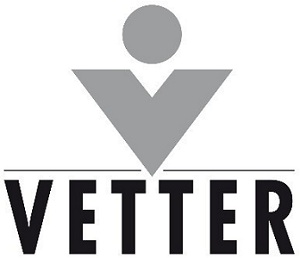Vetter, a global leading contract development and manufacturing organization (CDMO), successfully participated in a lab benchmarking with its incoming goods lab in the past year. The University of St. Gallen (HSG) participated in the project as a scientific partner. This educational institution not only offers a wealth of comparative data but is also familiar with the requirements of the authorities, for example, the FDA. This independent review supports Vetter’s strategy of operational excellence.
“Comparing ourselves with other companies in the industry is an excellent way for Vetter to review our own performance and derive valuable connecting points for our laboratory divisions,” explained
Dr. Anne Kuhlmann, Vice President Quality Control. Using a standardized questionnaire, key figures on quality, cost level, and productivity have been raised. HSG evaluated the data and then compared it with other companies in the industry.
Recently, the results of the benchmarking have been published: in terms of overall performance, Vetter is among the top ten percent of the industry. “The balanced performance result in the areas of effectiveness and efficiency is particularly noteworthy,” said Gian-Andri Steiger, Research Associate at HSG. If the results in those two areas are in harmony, this indicates sustainably robust processes in the context of scientific benchmarking – while providing constantly high quality. “Vetter thus shows itself to be a stable and future-proof partner for its customers,” said Steiger.

After the microbiology and chemical analysis departments had already taken part previously – with very good ratings as well – the audit of the incoming goods laboratory was the company’s third benchmarking with the University of St. Gallen. “The collaboration with HSG was very sound and profitable,” said Dr. Kuhlmann. Another important outcome for Vetter: the network expansion of all benchmarking participants, including customers and competitors who take part in a monthly roundtable. This enables a quick and easy exchange on a variety of complex topics that affect the industry and enables continuous progress to be made together for the benefit of patients worldwide.
About the University of St. Gallen (HSG)
For more than a hundred years, the HSG has been part of St. Gallen – in the beginning as a “commercial academy”, today as a university. In accordance with the HSG’s vision and its guiding principles, it is internationally recognized not only for its teaching but also for its research in selected areas. The HSG conducts problem-solving-oriented basic research on the one hand, and research-based teaching on the other. In doing so, it systematically exploits synergies with traditionally practice-focused research. As a respected research institution, it offers attractive research conditions to both young and experienced scientists, with targeted support for junior researchers.





















